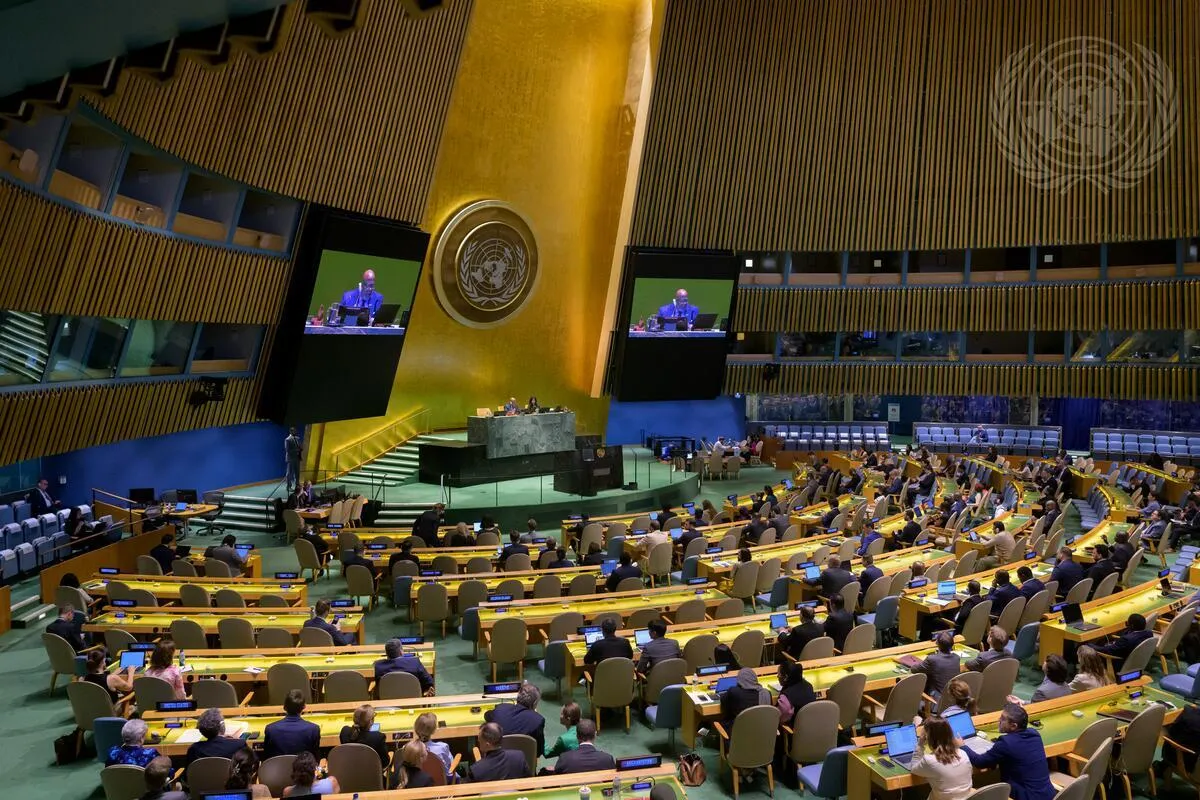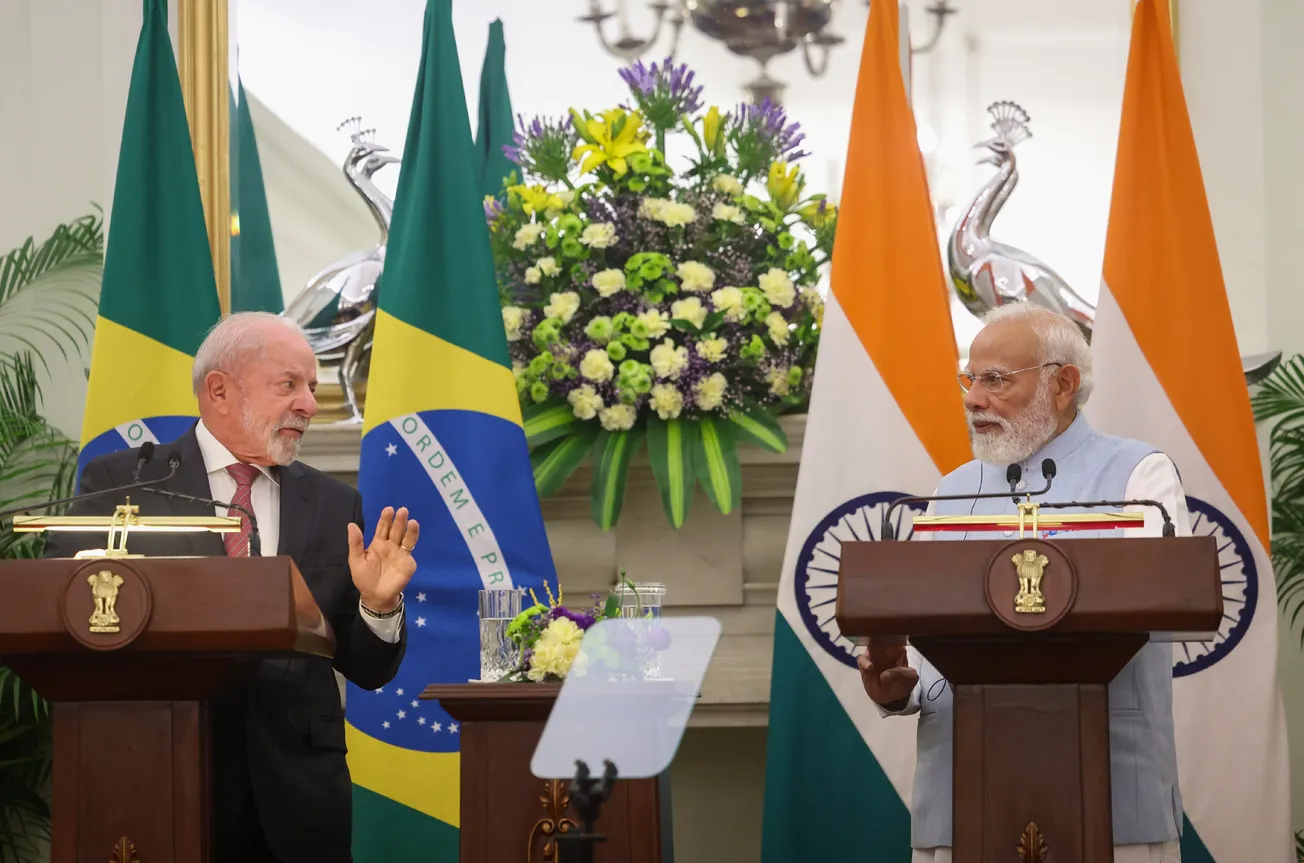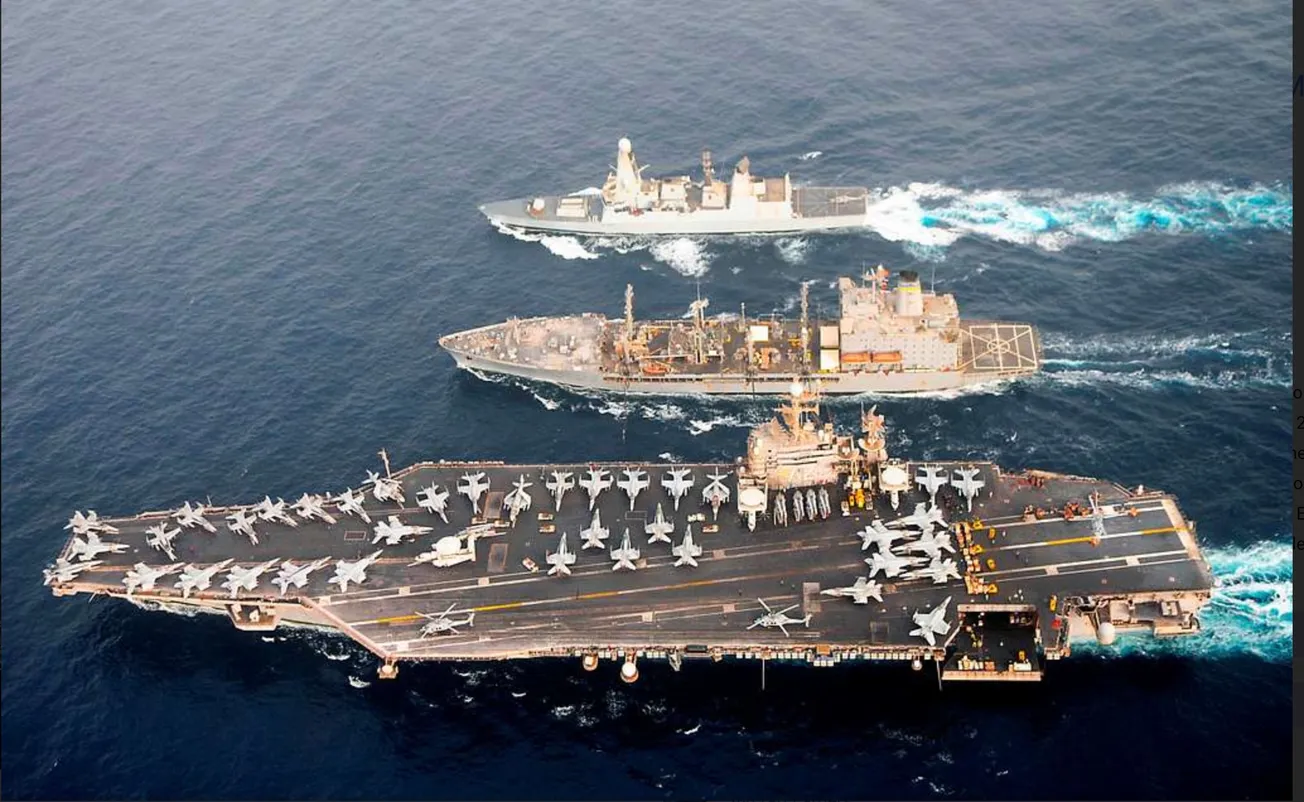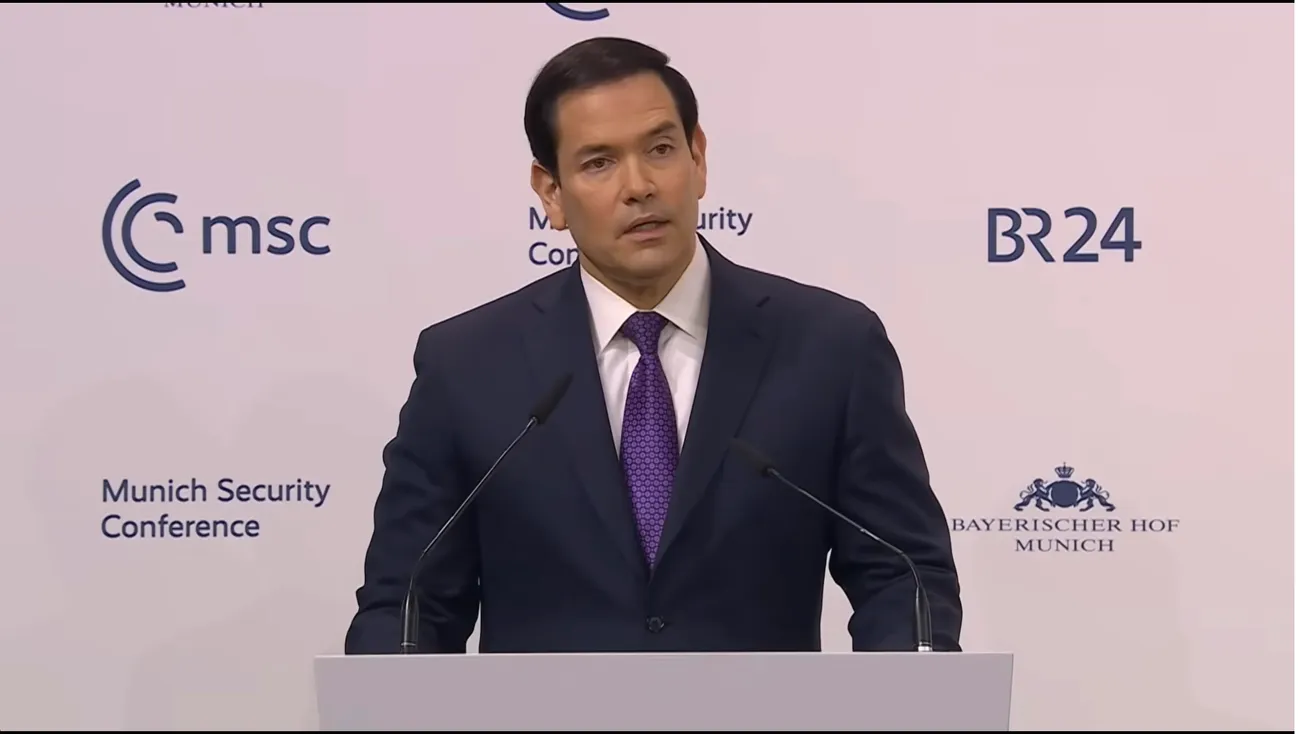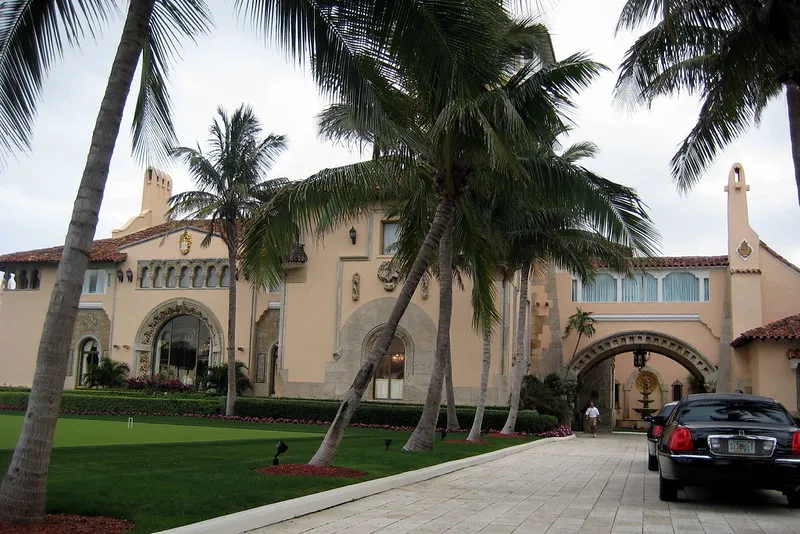On November 22, 2022, founder of the Schiller Institute and convener of the International Peace Coalition, Helga Zepp-LaRouche, issued a proposal titled “Ten Principles of a New International Security and Development Architecture.” Her statement didn’t merely take up a programmatic or step-wise approach to restoring security to a world currently experiencing the eruption of wars and chaos on a mass scale. Rather, Zepp-LaRouche insisted that her proposal be considered from the standpoint of “food for thought and a dialogue among all people concerned to find a basis for a world order guaranteeing the durable existence of the human species.” It is indeed the caliber of discussion which the world is currently searching for.
On July 24, professor and former UN official Jeffrey Sachs issued his own “Ten Principles for Perpetual Peace in the 21st Century.” In it, Sachs asserts that a number of new realities, including the existence of a “nuclear sword of Damocles over our heads,” requires that “a new set of principles” be applied to the world. His first five principles are taken directly from the “Five Principles of Peaceful Coexistence” of the Non-Aligned Movement, in an interesting echo from the nearly-successfully-suppressed era of anti-colonial and pro-republican leaders from the middle of the previous century. History, though long, cannot easily escape the resonance with justice.
In yet another expression of the global sea-change underway and the accompanying discussion of an entirely new system, Hungarian Prime Minister Viktor Orbán, fresh from his “peace mission” to Kyiv, Moscow, Beijing, and the U.S., spoke at an event in Romania on July 27. He spoke of how “A change is coming that has not been seen for 500 years. What we are facing is in fact a world order change.” He described how “Asia will be the dominant center of the world,” while in only two years the war in Ukraine has “revealed the fact that the biggest problem in the world today is the weakness and disintegration of the West.” This result was “completely unexpected,” he said.
Have no doubt that there are periods in human history when there were more changes in the course of days and weeks than had previously occurred over the course of years and decades—and we are currently living in such a period. This is the backdrop for the July 23-26 trip of Ukrainian Foreign Minister Dmytro Kuleba’s visit to China, where he may have discussed potential peace options with Chinese Foreign Minister Wang Yi. Or similarly with the case of the tumultuous drama within the U.S., which just saw the undemocratic removal of a sitting President from his party’s ticket, and the near-assassination of his leading opponent.
There is a train wreck of historic magnitudes occurring today, but it is not a train wreck of individual bad decisions or leaders of nations who have erred. Rather it is a train wreck of the failing Anglo-American oligarchical system and its accompanying ideological system, which has backed itself into a corner of its own making—and is now coming apart at the seams.
In 1996, in the context of NATO becoming an increasingly offensive institution and a tool for hostile imperial ambitions, EIR’s founder Lyndon LaRouche wrote: “As replacement for NATO and for related, obsolete dogmas, the United States must adopt a comprehensive, radically new strategic outlook, pivoted upon comprehension of the crucial realities of the Eurasian land-mass. This comprehension is the key to the present and future of the world economy, and of the mutual political interest of all among that outlook’s present and prospective partners. In brief: The decisive strategic significance of the Eurasian land-bridge, now being developed, across the vast, underpopulated regions of central Asia, defines the urgency of developing, and of defending economic cooperation among U.S.A., Russia, and China, all in collaboration with India, as the key to the world of the Twenty First Century.”
Indian Prime Minister Narendra Modi is now also preparing to travel to Kyiv, and is rumored to be also offering India’s position as negotiator between Ukraine and Russia. Just last week, before hosting Foreign Minister Kuleba, China hosted all 14 factions of Palestine and presided over the signing of a declaration of national unity of a potential Palestinian state, thus further providing a pathway to peace. In contrast, U.S. Secretary of State Blinken attacked China during the ASEAN post-ministerial meeting over the weekend for its lack of antagonism toward Russia, and the U.S. Congress just hosted the butcher of Palestinians, Benjamin Netanyahu—to rapturous applause. Days before, the termination of the U.S.’s humanitarian pier in Gaza was officially announced.
As the so-called “deep state” or permanent bureaucracy is increasingly discredited, can the West be induced to abandon its failed dogmas and chart a new course? Such a radically new system is now more possible than ever before, if enough leaders rise to the level of Zepp-LaRouche’s “Ten Principles” to conceptualize and organize for it.


